Pre and post-op neutering care and advice
Neutering your rabbits is important, for health, welfare and behavioural reasons.
Let’s take a look at what you need to consider, and the care required before and after having your rabbits neutered.
Pre-op care:
Rabbits are experts at hiding signs of illness and pain; being a prey animal this is an important survival instinct, since in the wild a weak, slow or ill rabbit would be easy prey to the numerous predators that rabbits have.
Observe your rabbits very closely for any, even what may seem minor, signs of illness or injury. These include:
- Discharge from the eyes, ears or nose and there may be sneezing or mouth breathing
- Lack of droppings or smaller and harder droppings
- Not eating, eating less or leaving certain foods
- Dribbling and wetness around the mouth
- Dandruff or flaky skin
- Droppings or urine around the tail and bottom
- Not moving around as much as normal
- Painful grinding of the teeth
- Blood in the urine or diarrhoea.
If you note any of the above signs, any other changes in behaviour or signs of illness in the weeks or days before the surgery, you must contact your rabbit savvy vet straight away, as treatment may be required and surgery may need to be postponed.
We know that rabbits like to consume lots of hay and grass and need food to be moving through their digestive system all the time. Do not change your rabbit’s diet before surgery to ensure it is functioning well.
As rabbits cannot vomit you must not withhold food before their surgery, and in fact doing so is dangerous. Water must also be available, and it is a good idea to take some of your rabbit’s food in on the day of surgery.
If your rabbit already has a companion, take them along when the other goes in for neutering, or if both are being neutered at the same time, take them together so they can stay together. Whilst in recovery at the vets, they may need separating for a short while after the surgery, but as soon as they are mobile and moving about, they will be placed back together, which helps to ensure their bond does not break down.
Post-op care:
When your rabbit has recovered from their surgery, your vets will discharge them back to your care. This is usually the same day of the surgery, but on occasions there may be reasons your rabbit needs to stay with your veterinary practice overnight for continued care. Often this is not a reason for concern, and you should always be guided by your vet and know they have your rabbit’s best interests and welfare in mind. If you rabbit usually lives outside, and especially in the colder months of the year, you will need to make arrangements to keep them inside for a day or two until they are fully recovered. This will need to be in an unheated room if they will be going back outside.
If your rabbit has lots of different levels within their environment, you will need to stop access to these for a couple of days so there is no extra strain on the wounds.
Your rabbit will be sent home with pain relief medication and potentially other medications, such as gut stimulants if your vet deems these necessary. You need to make sure you understand how to medicate, how often to give the medication needs, how much to give and for how long. Ask the vet or vet nurse to demonstrate this to you. Medications will need to be given directly into the mouth and whilst some rabbits may readily lick the medication from a syringe, many will not. Gently wrapping them in a towel, leaving their head exposed means you can hold the top of their head and with your dominant hand, carefully syringe the mediation into the side of the mouth, into the gap between the front teeth and the back ones.
Carefully checking your rabbits wound is important. When rabbits are spayed, their surgical wound will be on their tummy and with castrations there will be two small wounds either on or just in front of where their testicles were. Most rabbits are not bothered by their wounds, but it is still important to check them at least twice daily for signs of infection, redness, any gaps in the wound/s or signs of interference. Buster collars not recommended for rabbits since they cause stress and prevent the rabbit from cleaning themselves and eating their caecotroph droppings. Speak to you vet if you are worried.
Monitor your rabbit to make sure they are eating, drinking and passing droppings and urine, within a few hours. Offer lots of temping foods, such as fresh herbs, dandelion leaves, hay and their favourite foods. It may take a few days for them to return to eating normally, but it is imperative they are eating and passing droppings within a few hours – contact your vets if this is not the case as you may need to syringe feed them.
Always keep your post-operative appointments, but if you are concerned beforehand, never hesitate to contact you vets or out of hours service.
Written By Claire Speight, Registered Veterinary Nurse

